
How reading to your child improves development
Share

Reading to your child is one of the best ways to support them in their learning journey. It allows parents to become active participants in their child’s education, creates memories that they will cherish forever, and introduces our next generation to an exciting range of literacy concepts, all while having a wonderful time!
In this article, the team at Magic Words explores why it is so important to start reading to your child.
Reading to Your Child Improves Language Development
Reading to, and with, your child is one of the most important strategies when beginning to learn to read. Not only does reading aloud help them better identify and recognize the different words and sounds within a story, but it also provides a dramatic element that draws their attention to narrative conventions, such as different plots, characters, grammar, punctuation, and expression. By modelling oral language (how new words are used, by reading in context), we are providing children with a valuable experience that will benefit them greatly as they learn to read independently. Reading to your child provides an immersive experience, which can address a variety of concepts at once, all in a fun and engaging way.
Support Social & Emotional Growth by Reading to Your Child
Literature conveys meanings and messages for readers of all ages. For a child first learning how to read, the ability to discover more about themselves, their feelings and those of others, and how the world around them works, is one of the greatest opportunities and parent can provide. The greater amount of time spent reading to your child, the greater their exposure to different scenarios, whether real or imagined, which allows them to make connections between these stories and their own lives. They are then able to continue to add meaning to a story with their own emotions and opinions.
The rich use of language in stories and the way we express them verbally will teach your child to assign meaning behind these words, and be then used to explain their own feelings. For example, a child with a broader vocabulary will make connections between words like ‘sad’ and ‘melancholy’ or ‘happy’ and ‘delighted,’ helping them to express themselves in different ways. As you teach your child to read, you are actively helping them grow as an individual who can communicate effectively with those around them.
Teach Your Child to Read at Home
When you teach your child to read at home, the quality of the experience is one of the most important parts of your child’s literacy development. Studies have shown that a child’s ability to read has related to their families’ beliefs and attitudes towards reading, as well as how well they engage in conversation at home and whether they have access to appropriate reading materials and resources. Educating yourself as a parent on the best ways to teach your child to read at home, or changing the way you yourself engage with reading, will help build an environment where reading is seen as a valuable activity. With greater engagement and enthusiasm regarding developing reading skills, teaching your child to read can become an enjoyable part of your day, potentially even bringing you closer together as a family.
Have Fun Reading with Magic Words
At Magic Words, we provide families with access to fun and engaging resources that will help you teach your child to read at home. With a variety of games and packs available, our parent products are ideal for those looking to try something new and have fun while doing it! For more information, please contact us directly today.
Related Posts
-

What are the Magic Words?
Magic Words are the most common words in English and the most important words in learning to read.
-

12 Golden Words
The most important words in Learning to Read. Learning the 100 most frequent words in English is essential to every child's reading success.
-
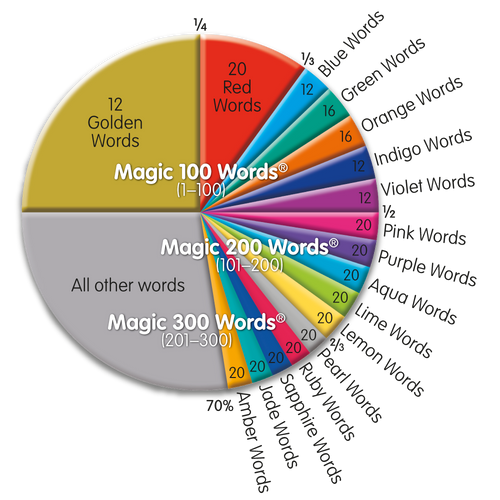
Research behind the most important words in reading
Magic Words resources are designed to support the average reading of a person in a population so that they can confidently pick up any reading material, reading scheme, daily newspaper etc. and be a competent reader.
-

Magic Words Learning Boards
The Magic Words Learning Boards match the sheets that are used in schools and sent home for learning the Magic Words, which are the most frequently used words in reading and writing.
-
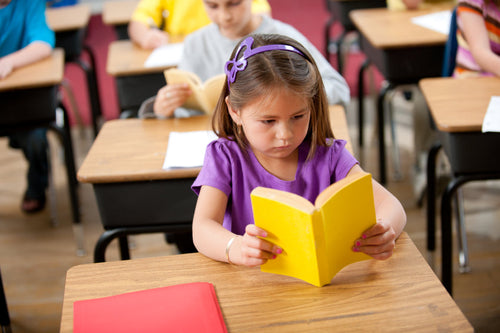
Science of Reading
Learning to read is an important part of every child’s development. It helps build important, lifelong skills in areas such as language, concentration, critical thinking and memory.
-
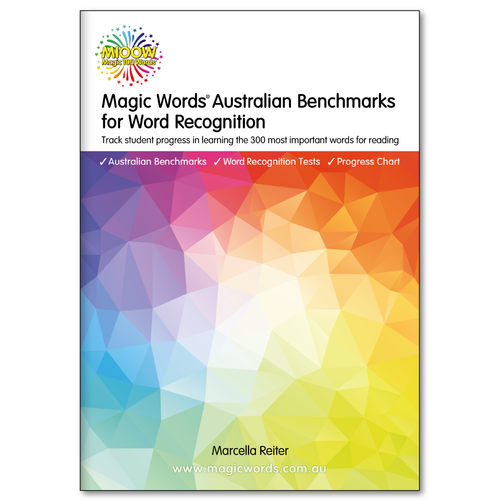
A-E Standards
Magic Words Australian Benchmarks for Word Recognition Manual allows teachers to measure a student’s:
-

Phonics
Phonics programmes start children off by learning a few letters e.g.
s, a, t, p, i, n as the first sounds.
-
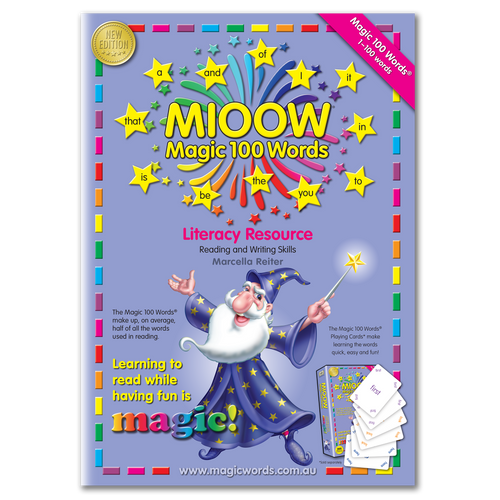
Swap original for new!
Swap an original edition (2000, 2001, 2002, 2004, 2007, 2011 or 2015) of the Magic 100 Words Literacy Resource Manual for a new revised and updated 2018 edition for a limited time at half price.
-

Play Jumble Words
Jumble Words - select one of the Magic Words Playing Cards
-

Magic Words Extension Pack
-
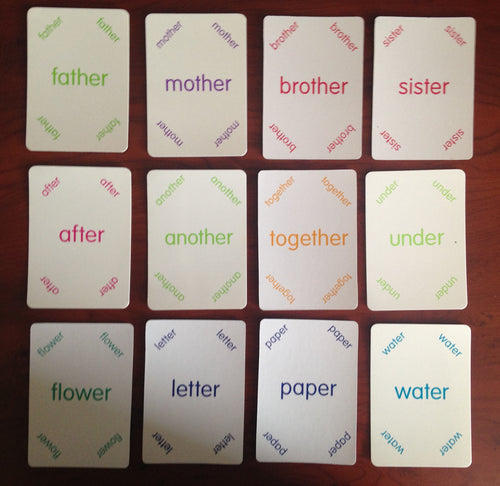
Spelling the sound -er with Magic Words
You can use the Magic Words Playing Cards to learn the spelling sound /er/: ur, ir, ear, or er.
-

Premium Home Pack - Magic 100 and 200 Words
-
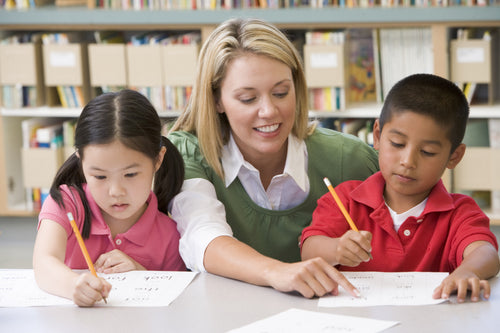
Magic Words Certificates
-
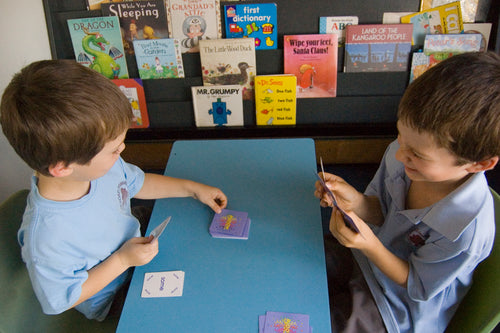
Double letters with Magic Words
Use your Magic Words Playing Cards to teach double letters.
-
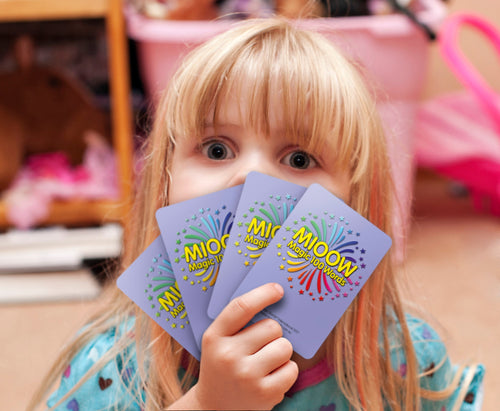
Spelling with Magic Words
Top strategies and activities for learning how to spell sight words.
-

Magic Words Australian Benchmarks
MIOOW® Magic Words® Recognition Tests are individually administered and are designed to record each student’s knowledge of the most frequently used words.
-
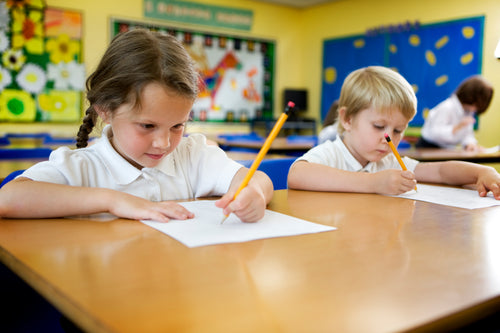
Professional Learning
Magic Words is used in schools all around the world and in over 80% of Australian Primary Schools.
-

Magic 200 Words
Magic 200 Words Literacy Resource Manual - 2017 Third edition now available.
-
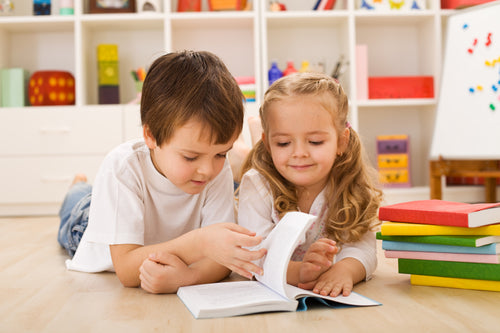
Learning to read with Magic Words
Magic Words are the most important words for every child to learn.
-
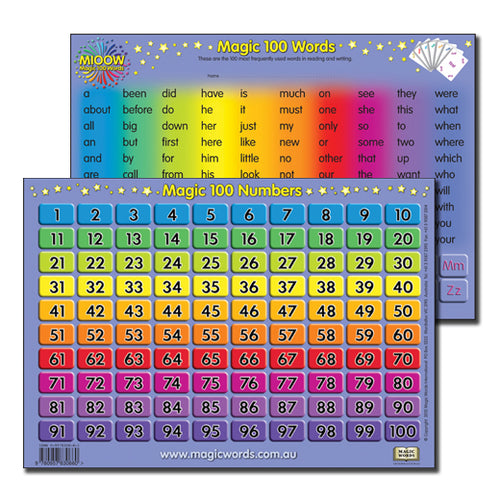
Magic 100 Words Deskmat Games
Start by writing your student's name on the top of the Magic Words desk mat (mat) in the space provided.
-
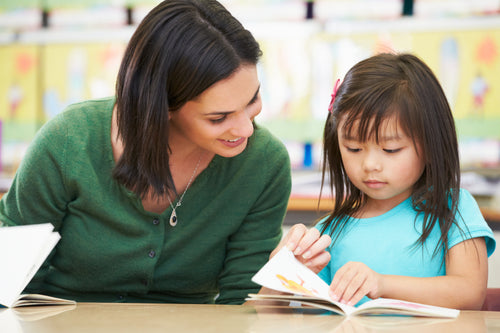
Magic Words in the “Science of Reading”
Magic Words advocates and promotes targeted, explicit, and systematic teaching of the core principles of learning to read.
-
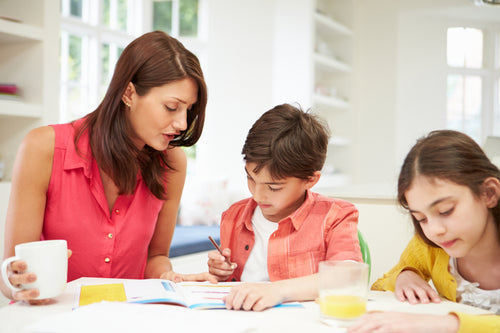
Play Based, Hands-On Learning
Learning to read and spell with play-based, hands-on activities and materials for literacy success.
-

Foundation Home and School - Magic 100 Words
Foundation/Prep/Kindy Home Pack is ideal for Foundation, Prep, Kindergarten (NSW), Reception (SA) and Pre Primary (WA).
-
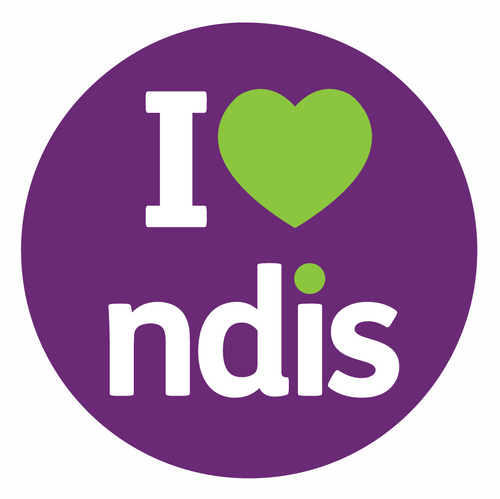
NDIS Registered
Magic Words International is an approved provider for the NDIS.
-
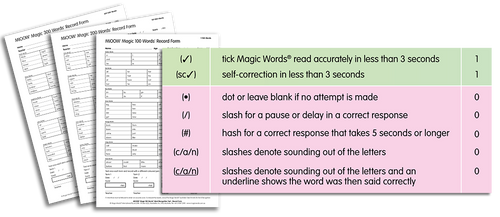
"Taught v Caught" - Back to School Testing
Magic Words Recognition Tests are a quick and easy way to check each student’s progress,
-

Magic Words Learning Board Games
Learn how to read and write with the Learning Boards and Playing Cards.
-
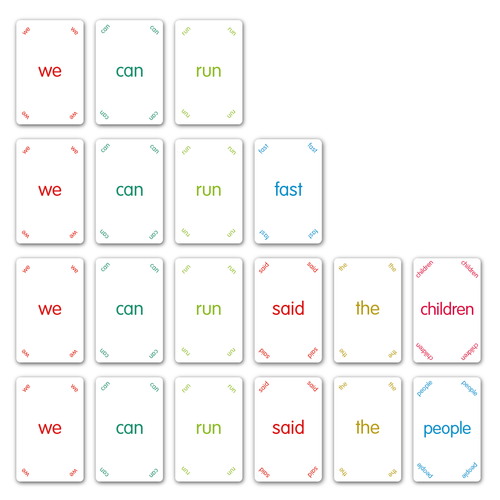
Magic Words Card Games
For top results match the Playing Cards to the book your child is reading.
-

Teaching Magic Words
Students who learn the Magic Words rapidly improve reading, fluency and comprehension.
-
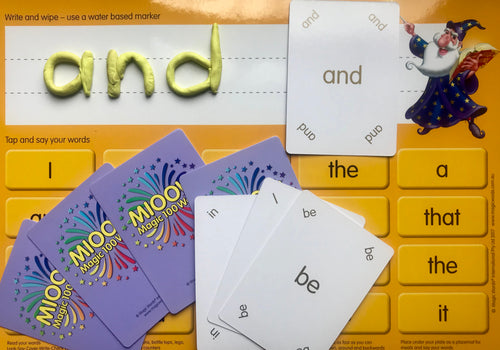
Spelling Magic Words
Use a water based marker on the front of the Magic Words Learning Board to practice tracing the Magic Words in the level the child is learning.
-
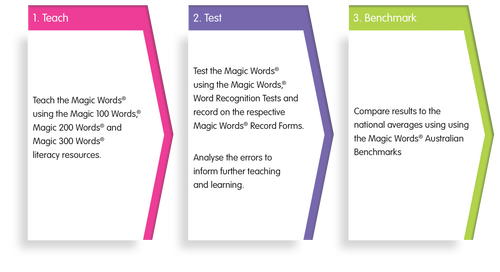
Magic Words Assessment and Benchmarks
Magic Words Australian Benchmarks measures progress in literacy proficiency for assessment, tracking and monitoring, and reporting
-

Classroom Teacher Optimum Pack with Benchmarks
Optimum Classroom Teacher Pack includes ALL Magic 100, 200, and 300 Words Literacy Resource Manuals, Playing Cards, Learning Boards, Test Kit and Australian Benchmarks.
-

The benefits of developing reading skills during childhood
Promote a love of reading and start developing better reading skills in your children with our quality word packs and fun games available at Magic Words.
-

Spelling tricky words with Magic Words
Use the back of the Magic Words Learning Board to practice spelling the Magic Words in the level the child is learning.
-

Optimum Pack - Magic 100, 200, and 300 Words
The Optimum Home Pack includes ALL Playing Cards and Learning Boards for learning all the Magic Words.
-

Assessment and Reporting
MIOOW® Magic Words® Recognition Tests are individually administered and are designed to record each student’s knowledge of the most frequently used words.
-
Easy Magic Words
There are over 20 two letter Magic Words!
-

Magic 100 Words
Magic Words are the most common words in English and are the most important words in learning to read and write.
-

M100W - Magic Words Literacy Workshops
Schools using the Magic Words as a key strategy of their literacy program, achieve outstanding success.
-
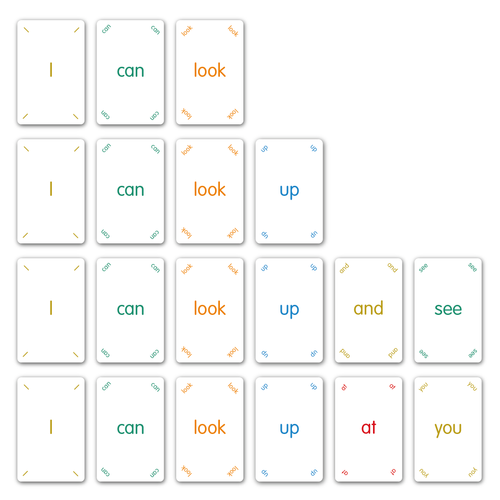
Sentence Game
This game is particularly good at improving short term auditory memory
-
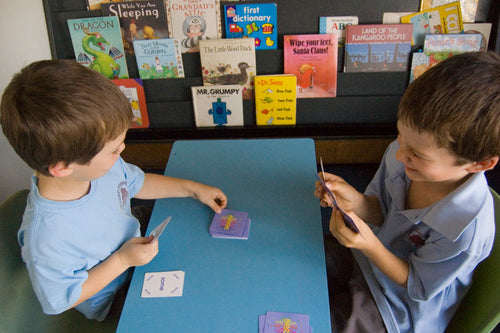
Beat the Clock - Fluency Games
Learning to the say the Magic Words quickly is an excellent way to get better at reading and recognising the words.
-
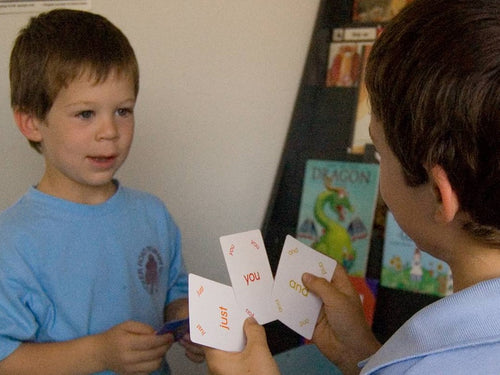
Wish
"I Wish, I Wish" has shown to be one of the most popular Magic Words games both in school and at home.
-
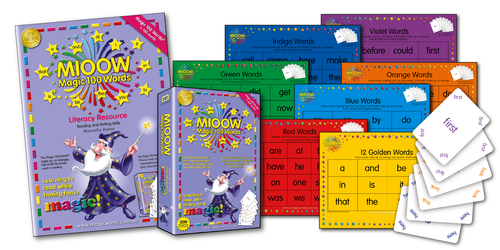
Copyright
The M100W - Magic Words materials are copyright and trademark protected. All rights reserved.
-
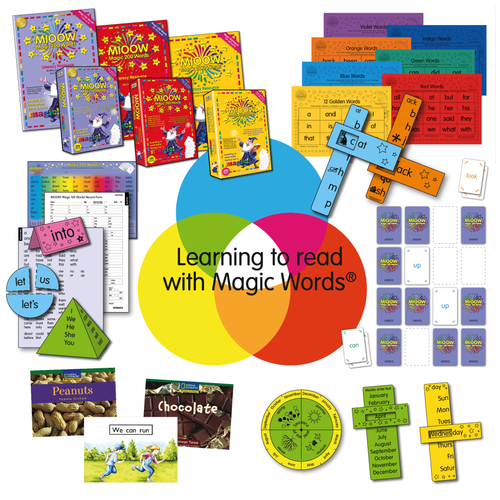
Magic Words
The Magic Words are the most frequently occurring words in all books, readers, magazines and newspapers.
-
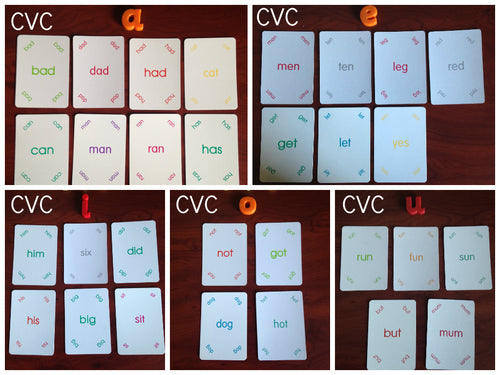
Magic Words and CVC
CVC words are words that follow the letter pattern, consonant-vowel-consonant.
-
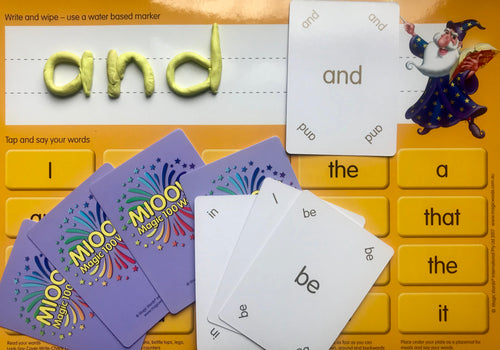
How to start
Locate the Magic Words from your child's book or the Magic Words Learning Board; then select the matching words, from the set of Magic Words Playing Cards.
-
Writing the Magic Words
The Magic Words Playing Cards and Learning Boards are printed in the reading font most commonly used in children’s readers/books.
-
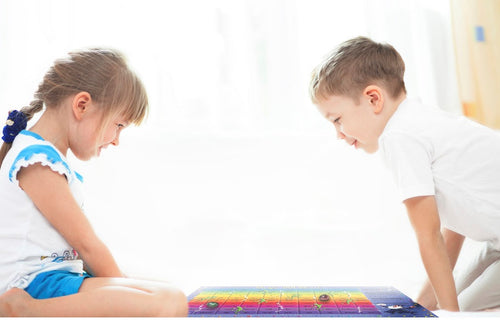
Magic 100 Words and Numbers Board Games
The aim of the game is to be the first player to reach the “your” square (words side) or the “100” square (numbers side).
-

Background - Magic 100 Words
Magic 100 Words are the most common words in English and make up half (50%) of all the words used in learning to read and write.
-
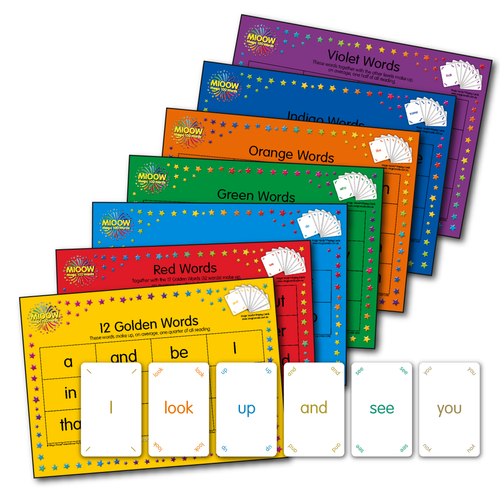
Fast Words
Ask your child to look at the words on the back of the Magic Words Learning Board and invite them to play the following games.














































